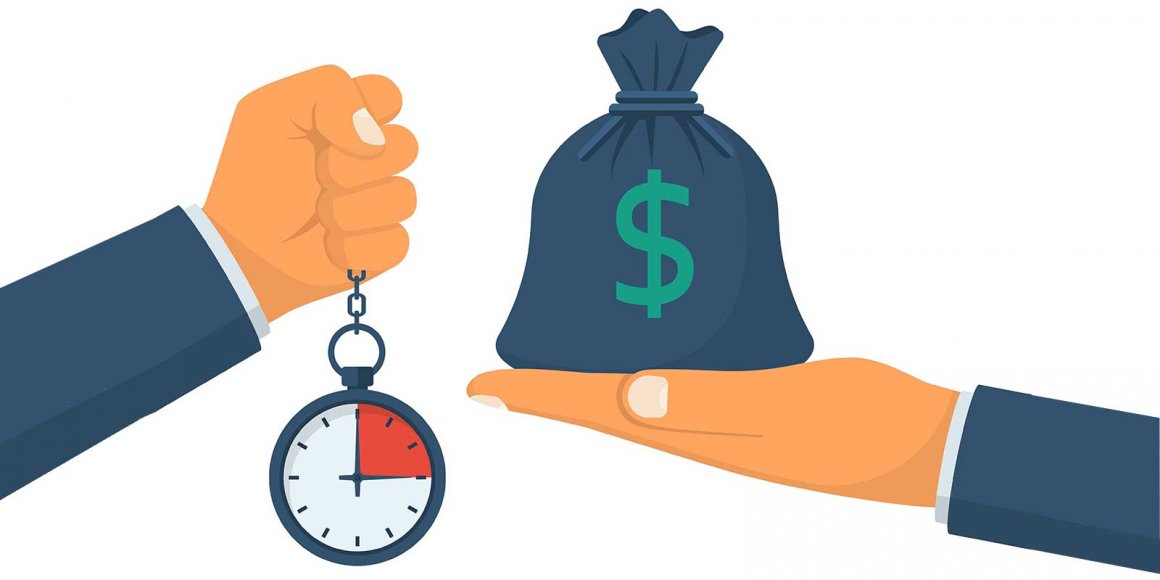[UPDATED] SBA Consent for Change in Ownership
On October 2nd, the SBA provided guidance that streamlined and cleared up the process for lenders and business owners who are trying to close M&A transactions.
Earlier in the year, it was determined that as well as lender consent, SBA consent was required for a change in control transactions for businesses with PPP loans still outstanding. This was based on the fact that PPP loans fall under the SBA’s 7(a) loan program, and that the 7(a) rules would equally apply to PPP loans. This seemed to work well in the early history of the PPP loan program (as an example, the SBA provided written acknowledgment in less than a week for one of ButcherJoseph’s M&A advisory clients). By the fall, however, industry reporting indicated that the SBA was now taking months, not weeks, for consent review.
As a result of the new guidance, proscribed actions are as follows:
- For businesses that still have fully satisfied their PPP loan (i.e. repaid the loan in full or completed the loan forgiveness process and the SBA has remit funds to the PPP lender) there are no restrictions on a change of ownership.
- For businesses that have not fully satisfied their PPP loan before closing, change of ownership transactions do not require SBA consent if:
- 50% or less of the business is being sold or transferred, or
- The PPP borrower has satisfied the conditions for forgiveness (payroll costs accounting for 60% or more of the forgiveness amount), has submitted a forgiveness application together with any required supporting documents to the PPP lender, and has set up an escrow account with the PPP lender with funds equal to the outstanding balance of the PPP loan. After the forgiveness process (including any appeal of SBA’s decision) is completed, the escrow funds must be disbursed first to repay any remaining PPP loan balance plus interest (to the extent not fully forgiven).
If 50% or less of the assets of the business are being sold, an escrow will need to be set up as well.
Post-transaction, the business will remain subject to all obligations under the PPP loan. As you may expect, if the new owner(s) use PPP funds for unauthorized purposes, SBA will have recourse against the owner(s) for the unauthorized use.
Business owners with PPP loans are now in a much better position, and we at ButcherJoseph are ready to help you navigate SBA loans in a sea of change.
Rick Hennessey is a Vice President at ButcherJoseph & Co. and has extensive experience advising clients on mergers and acquisitions, recapitalizations, and leveraged ESOP buyout transactions.


